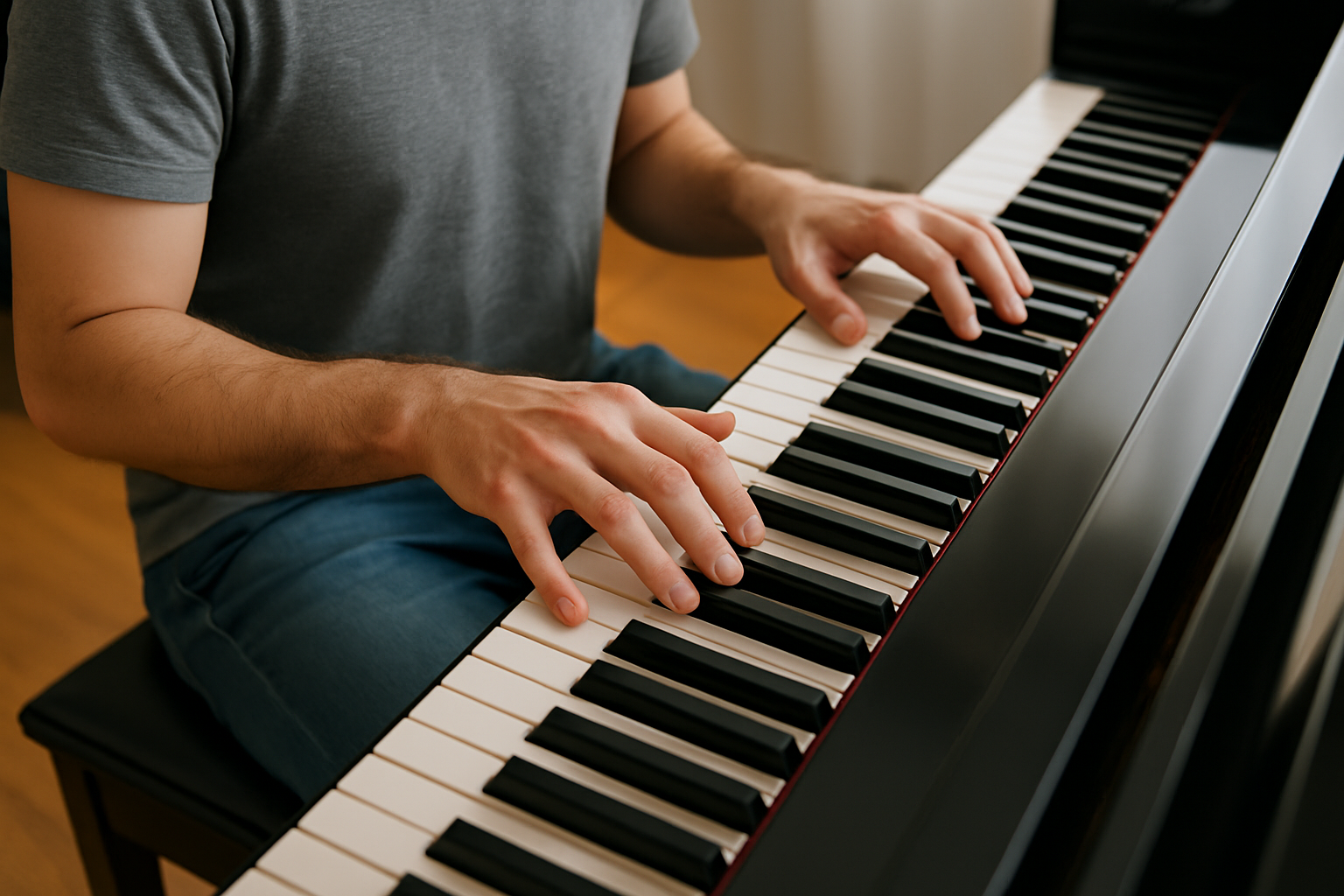How to Use Scales to Create Simple Improvisations
For many beginners, scales seem boring. They are often viewed as endless patterns you play up and down without much meaning. Yet musicians throughout history—from classical composers to modern jazz players—have relied on scales as the foundation of creativity. Scales are not just technical drills; they are the building blocks that allow you to create … Ler mais









